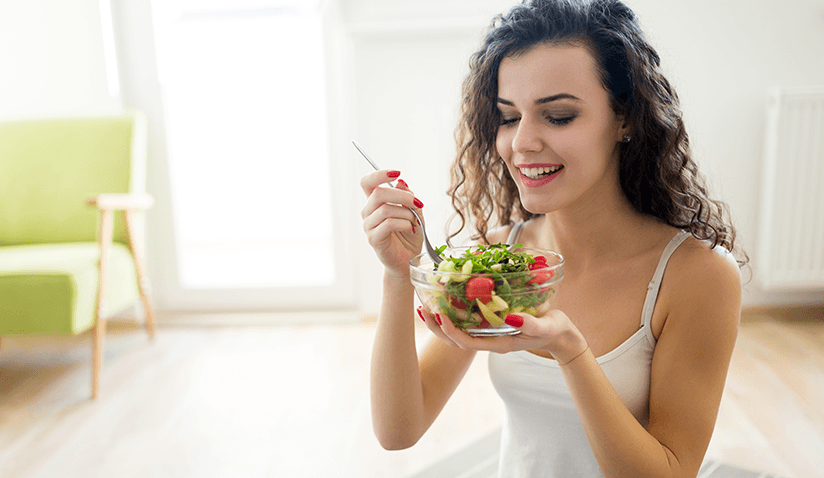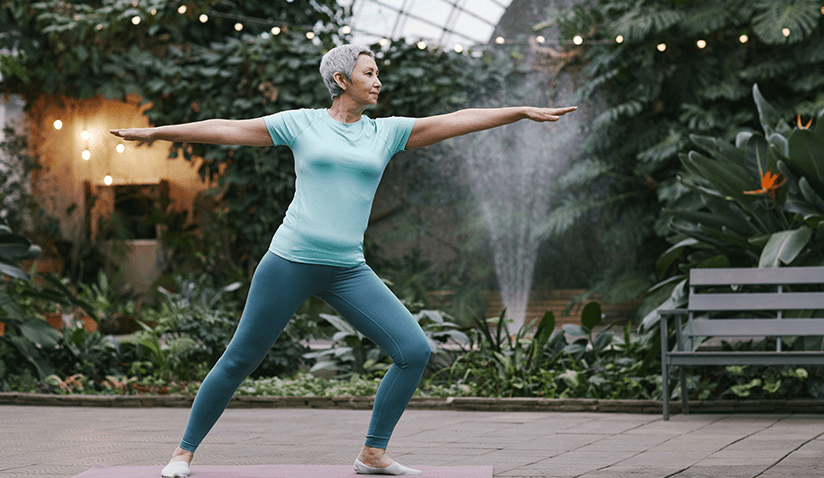CHOOSING VEGAN FOR YOUR HEALTH

Veganism has exploded in popularity over recent years, growing over 500% in the US alone since 2014. Despite the ever increasing number of vegan options found in shops and restaurants around the world, the word ‘vegan’ still conjures up all manner of kale-bathing, sun-worshipping, dreadlocked New Age hippy images for many people. All too frequently, the vegan label is misapplied to something more akin to an ideology, rather than a lifestyle. In order to avoid falling into the trap of stereotyping ‘The Vegan’, we must first hold a shared definition on what vegan means.
The Vegan Society defines the term as ‘a way of living which seeks to exclude, as far as is possible and practicable, all forms of exploitation of, and cruelty to, animals for food, clothing or any other purpose’. So not consuming, wearing, or using products that derive from animals. Many people choose a vegan (or plant-based) lifestyle for a number of reasons; be it for their health, the environment, or animal welfare. This article focuses on the health benefits of veganism.
So why bother with a plant-based diet?
There are so many health benefits – backed by scientific evidence – that come with switching to a plant-based diet. When we cut out meat and dairy, we are also taking away foods that contain high levels of saturated fats, cholesterol, and some carcinogens. And when we remove dairy (particularly cheese) from our plates, we are lowering our saturated fat and cholesterol intake further. It is common for people to lose weight when they switch to a plant-based diet, and many choose to do so primarily for weight loss purposes.
Through following a plant-based diet, we also lower our risk of developing type-2 diabetes, heart disease, and some cancers. Vegan diets are particularly effective at lowering blood sugar levels, and may reduce the risk of poor kidney function.
The ‘mythconceptions’ surrounding veganism
There are a plethora of misconceptions that come with the vegan label. And if you share your new dietary choices with friends or family members, you could be met with confusion, defensiveness, or even abject horror. Many will suddenly turn into experienced nutritionists concerned about your vitamin intake, while others will be baffled by your choice to seemingly eat nothing but salad. The two most common concerns are explored below.
Where do you get your protein? → You get your protein from the same place the animals we eat get theirs – plants. And there are many great protein-rich sources to choose from. Beans, legumes, tempeh, tofu, nuts, seeds, quinoa … the list is both extensive and diverse. As long as you are eating enough calories and are following a balanced diet, it is virtually impossible to become protein deficient on a vegan diet.
Vitamin B-12 → Yes, vegans absolutely need to supplement their B-12 intake, or include products that are fortified with the vitamin (non-dairy milks, nutritional yeast, some meat-replacement products) in their diet to ensure that they meet their nutritional needs. However, contrary to popular belief, B-12 deficiencies are common in those that eat meatas well as those that don’t. B-12 is produced by gut bacteria in ruminants (i.e. cows and sheep). Small amounts are stored in the meat and even smaller amounts can pass into eggs and milk, which is where humans can acquire it from.
The American Dietetic Association states that a properly planned vegan diet is appropriate for all individuals during all stages of the life cycle, including pregnancy, lactation, infancy, childhood and adolescence, and for athletes. A great starter guide to understanding plant-based nutrition can be found here.
Tips to Digest
- As always, you should check in with your GP before starting a new diet, and make sure you follow the appropriate nutritional advice given.
- Try not over-complicate things – especially at the beginning – and keep your goals both attainable and enjoyable.
- Embrace cheat days! There are plenty of plant-based products that will satisfy the need for comfort food. You’ll be surprised what hidden gems you’ll find in your local supermarket when you brave lesser-frequented aisles …
- Recognise the fact that choosing to go plant-based is a learning process. You don’t have to cut yourself off from everything you know and love immediately. Take your time to find the substitutes that work for you, and gradually replace old favourites with new ones.
Vegan resources online
- https://www.vegan.com/
- https://www.vegansociety.com/
- http://www.vrg.org/nutshell/vegan.htm



